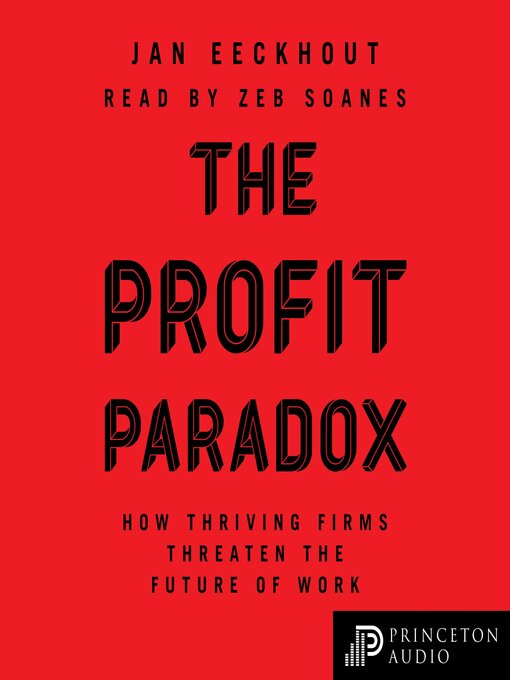- Available now
- New eBook additions
- Superloan eBooks
- New teen additions
- New kids additions
- Captivating Lives on eBook
- Readers for Adult Learners
- See all ebooks collections
- Available now
- Superloan eAudiobooks
- New audiobook additions
- New kids additions
- New teen additions
- Captivating Lives on Audio
- See all audiobooks collections


